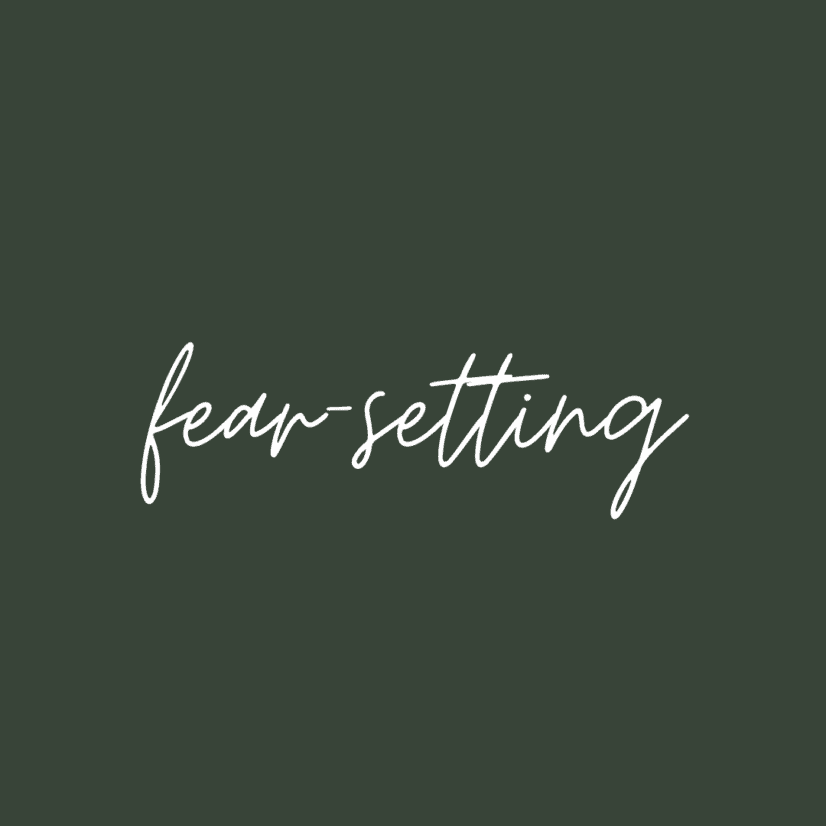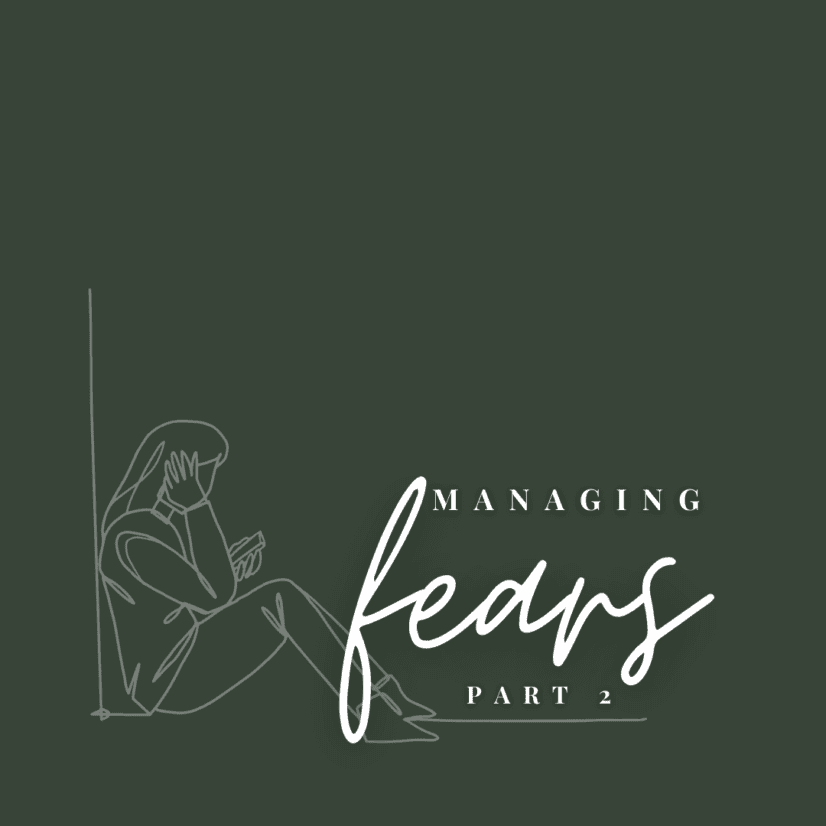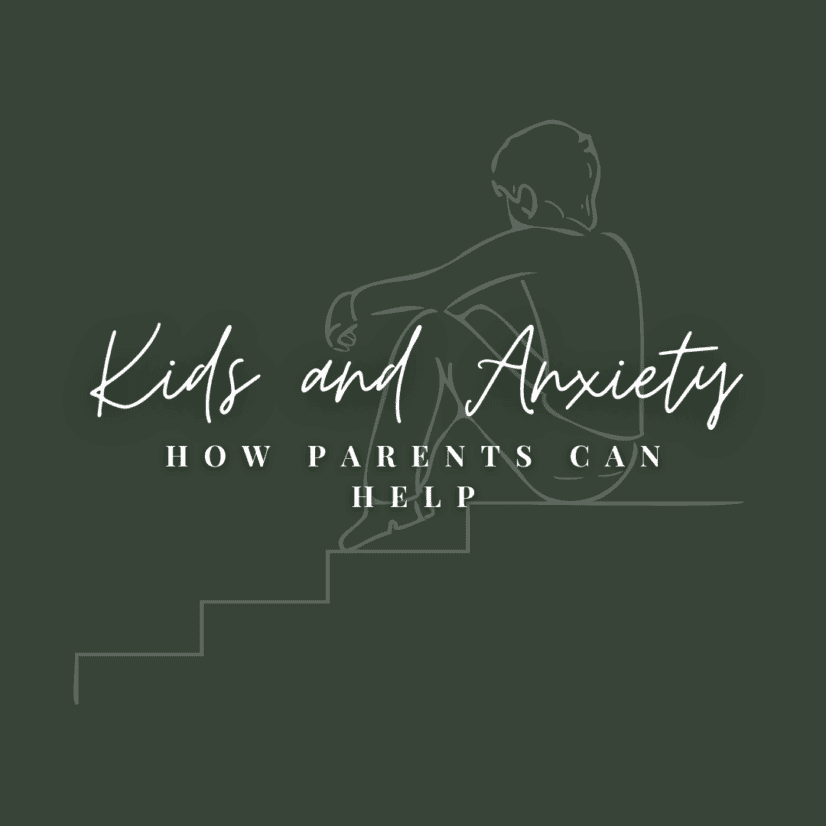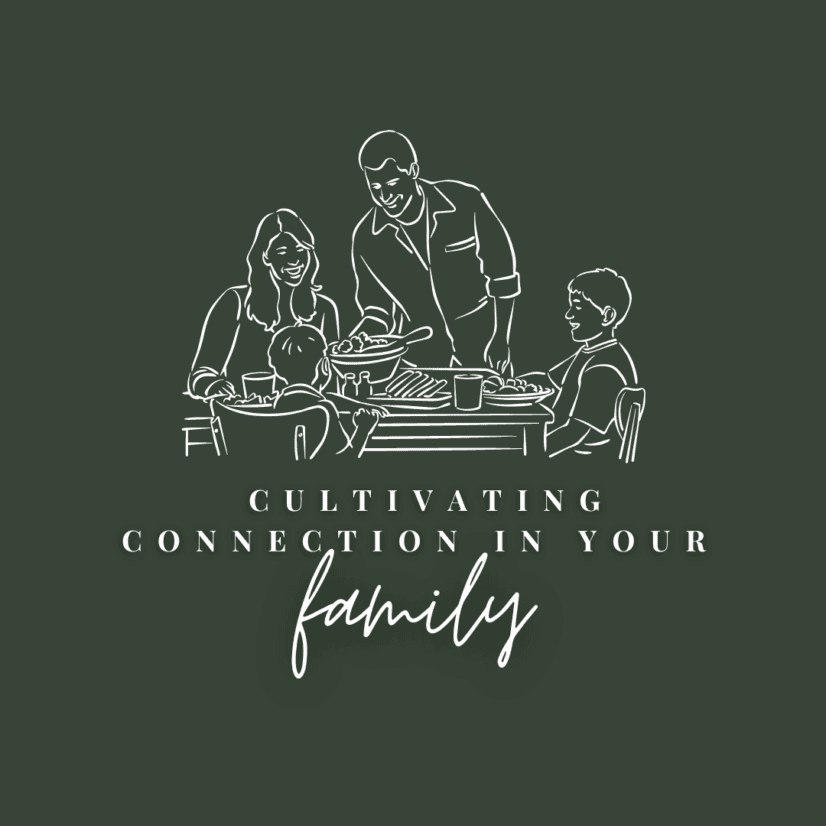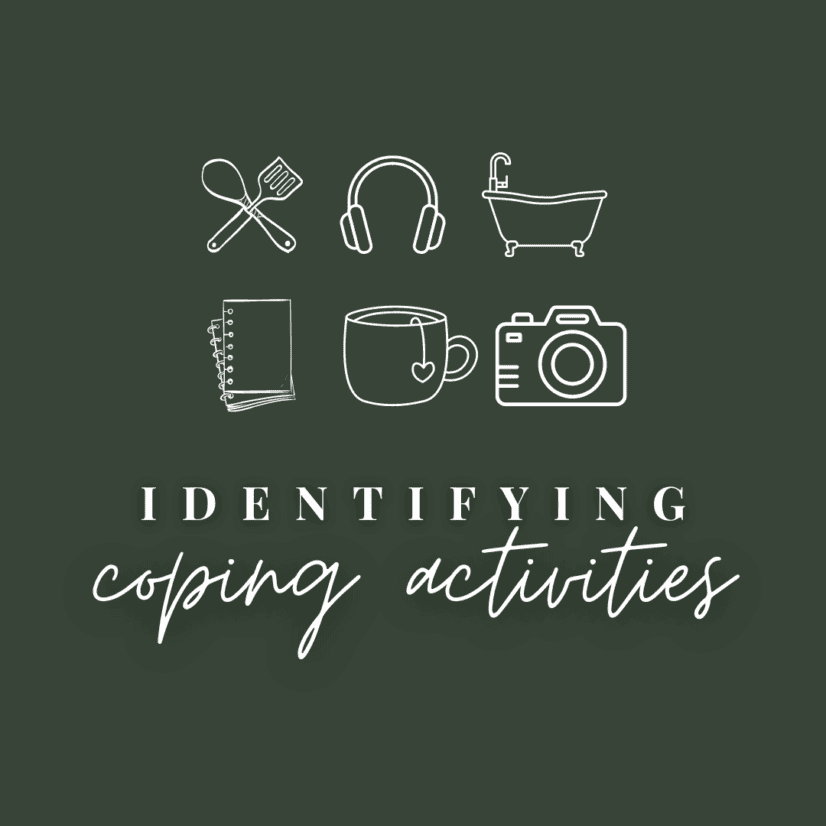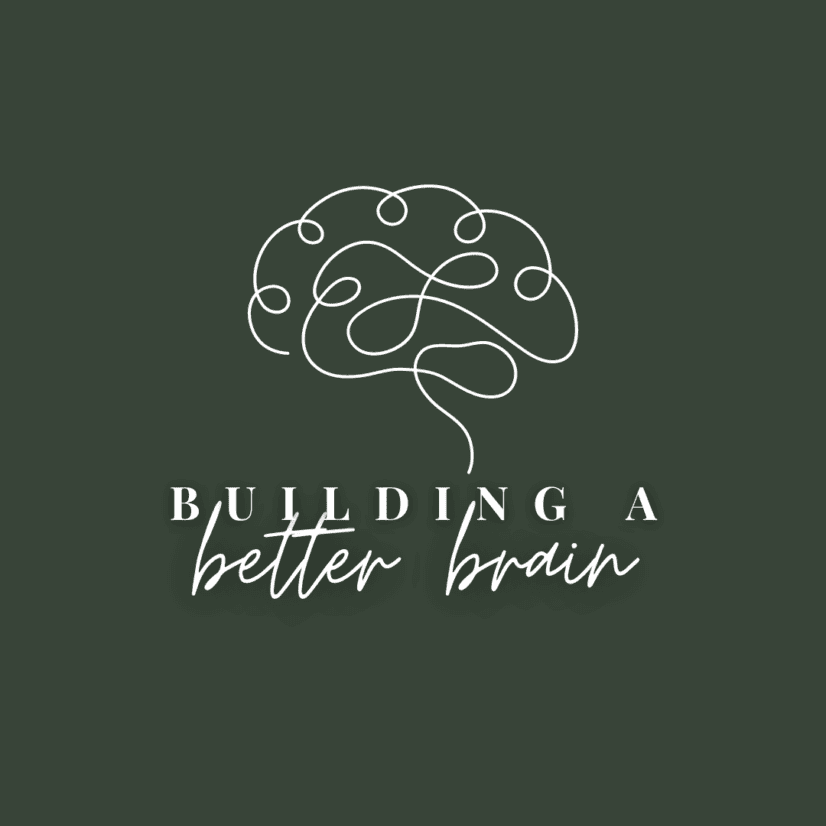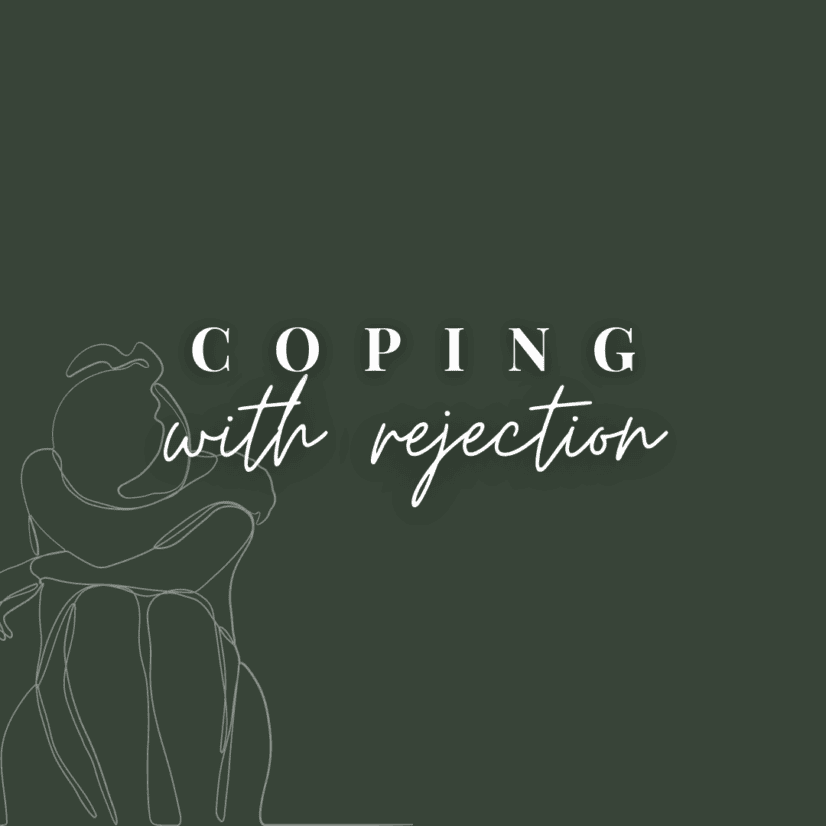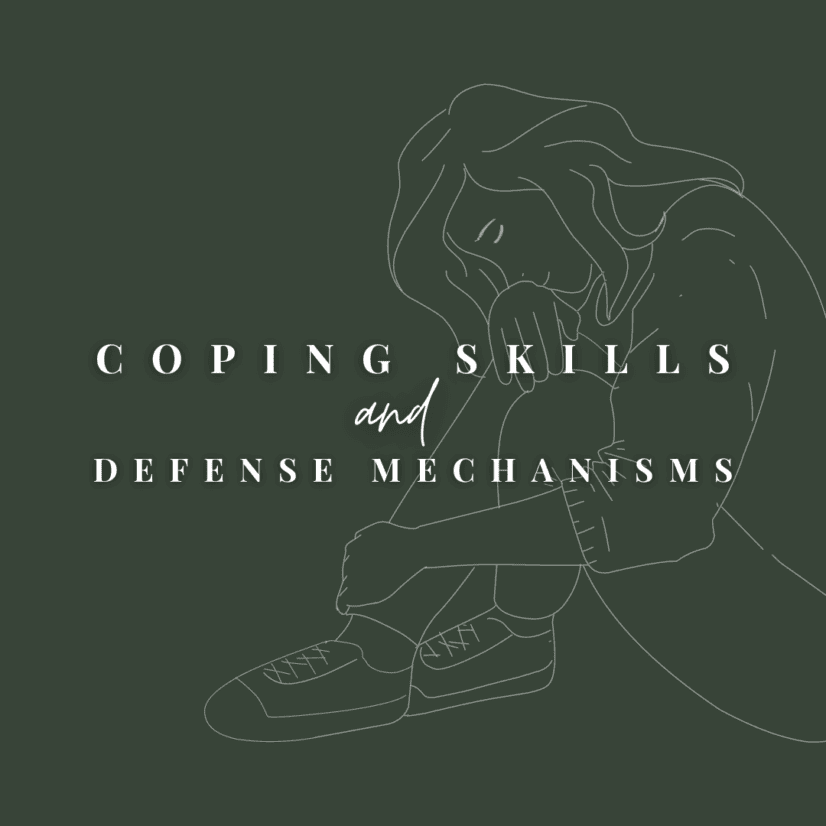I believe self-care involves stepping into holistic wellness, noting habits and choices that build us up, give us energy, and help us participate in our lives well.
Fear-Setting
If you looked at the title of this blog and thought “What is fear-setting?” you are probably not alone. This was a foreign concept to me as well before I recently watched Tim Ferriss describe fear-setting in his TED Talk, “Why You Should Define Your Fears Instead of Your Goals”.
Managing Fears – Part 2
A good way to manage fear responses is to maintain regular, consistent self-care practices when we are not in fearful situations.
Kids and Anxiety: How Parents Can Help
While it may be difficult for an adult to understand the fears of young children, those anxieties can seem very real and scary particularly to a child between the ages of three and six. As a parent, the best approach you can take in helping to soothe your child’s fears is to first model calmness and reassurance.
Cultivating Connection in Your Family
Take time to explore which family bonding activity works best for your family and notice how making space for family time can impact your feelings of connectedness.
Identifying Coping Activities
In our busy culture, it is often hard to identify what we enjoy doing for fun, or self-care. I ask clients regularly what they enjoy doing for fun or self-care. You would think that I asked them how to save the planet! I get blank stares, shrugged shoulders, and “I … Read More
Gratitude Journaling: The Power of Being Grateful
Journaling is a well-known and widely used practical approach to gain insight and clarity by processing your emotions on paper. Over the past decade, gratitude journaling has gained popularity for its benefits, including better sleep, fewer symptoms of illness, and more happiness among adults and kids.
Building a Better Brain
Therapy is a critical element in experiencing change. But we also believe that what our clients do with their time outside of therapy will either assist with or distract from their goals. In fact, studies are showing us that certain things we do and specific changes we make can literally change the “wiring” and composition of the brain.
Coping with Rejection
Rejection…when I think of this word, it makes me think of the difficult times I have experienced rejection. It is not one of my favorite topics to think about. However, rejection is part of life that we all experience. As human beings, we have to experience rejection in some kind … Read More
Defense Mechanisms and Coping Skills
Coping skills can take many forms. They help us make sense of our experiences, mitigate stress, and sustain our sense of self-worth. Sometimes life can feel pretty overwhelming. Without these strategies for managing life’s stressors and sustaining a sense of emotional well-being, it would be difficult to navigate even the … Read More


